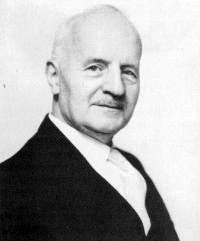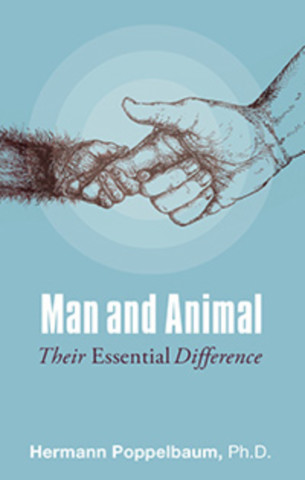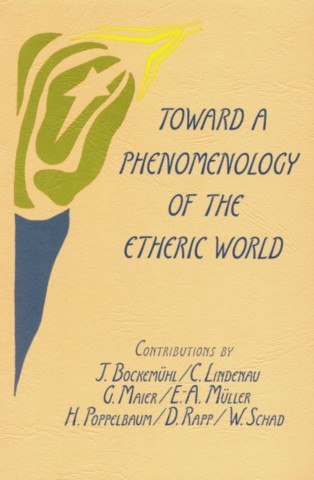Hermann Poppelbaum
About
Hermann Poppelbaum (1891–1979) was born in Frankfurt am Main. His interest in science awoke during his youth, and, with his brother, he founded the “Linneo” zoological association, which became the “Minerva” youth scientific association. He focused on questions of evolution and heredity at a time when controversy surrounded Haeckel's ideas. In 1913 he graduated in natural sciences with an experimental thesis, “Studies in androgynomorphic butterflies.”
During World War I, as an officer and prisoner of war in France, a kind of university was organized in the officers’ concentration camp, where Poppelbaum lectured on heredity and evolution. In the camp he met Otto Palmer, who invited him to join the study group focused on Rudolf Steiner's writings.
In 1920, he met Rudolf Steiner and participated in the formation of the Anthroposophical Society and, in 1930, became a member of the Board of Directors. After the National Socialist authorities banned the Anthroposophical Society in 1935, he was interrogated by the Gestapo, prompting him to emigrate to England with his wife and two children. In 1939, the outbreak of World War II surprised him in New York, where he was giving a series of lectures, forcing him to remain in the U.S., where he helped to establish North American Waldorf schools.
In 1948 he rejoined his family in Switzerland and, in 1949 became director of the Pedagogical Section at the Goetheanum, and in 1963 director of the Natural Sciences Section.

Author's Books
Man and Animal
Their Essential Difference
Toward a Phenomenology of the Etheric World
Investigations into the Life of Nature and Man
Edited by Jochen Bockemühl
Preface by Arthur Zajonc



